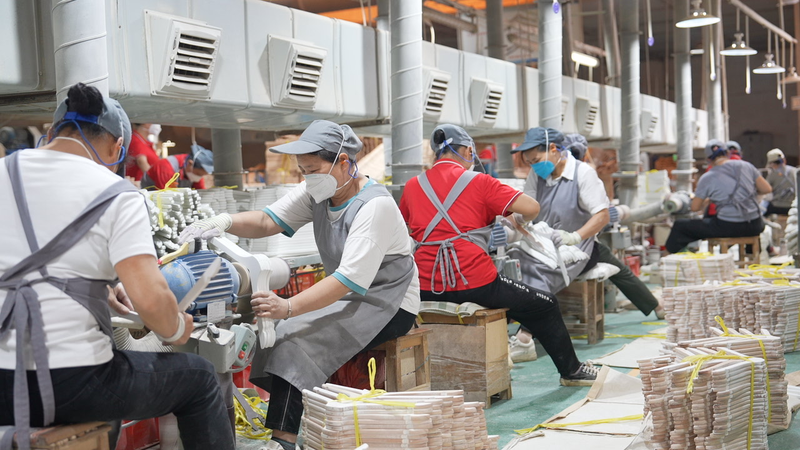In the face of rising tariffs and shifting orders from U.S.-China trade tensions, Lipu – a county-level city in south China’s Guangxi Zhuang Autonomous Region – has emerged as a global powerhouse for hangers. With more than 300 companies churning out over 4 billion hangers a year, Lipu has turned uncertainty into opportunity.
Local manufacturers saw risks on the horizon and took action. By reducing reliance on the U.S. market, exploring new regions, and embracing automation, they built a more resilient business model:
- Automation & Tech Upgrades: Firms invested in robotics and smart production lines to boost efficiency and cut labor costs.
- Market Diversification: Targeting markets beyond traditional partners helped even out demand and cut dependence on any single region.
- R&D & Innovation: In-house teams developed new designs, improved materials, and secured patents to stay ahead of global competitors.
“Enterprises must always be prepared for risk. For manufacturing companies like ours, it’s crucial to keep pushing forward in automation and technological innovation. With our in-house R&D team, we continue to invest in processes, products and patents. So the trade friction has had little impact on us,” says Mao Huilin, general manager of a Lipu-based manufacturing firm.
After more than 30 years in the industry, local players now sit at the forefront of the global hanger supply chain. “Our major clients are actually more worried that we might shut down – that we might stop supplying them – because there’s no replacement. In fact, our trade ties haven’t been affected. As long as we stay strong, the trade war has only reinforced our relationships,” adds Mo Peng, another general manager in Lipu.
The story of Lipu isn’t just about hangers. It’s a lesson in preparation, persistence and adaptability – qualities that young entrepreneurs, thought leaders and global citizens can carry into today’s fast-changing world.
Reference(s):
Amid global headwinds, China's 'hanger capital' Lipu shows resilience
cgtn.com




